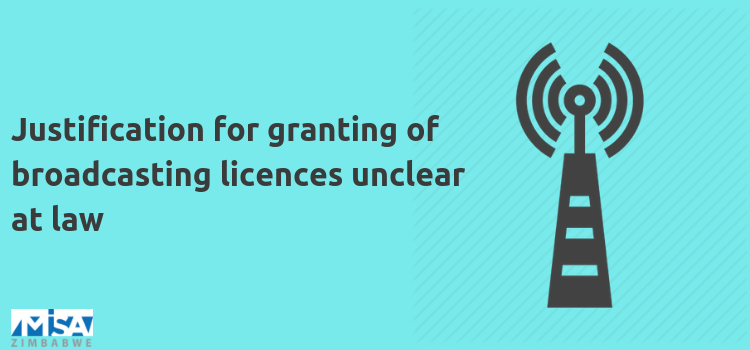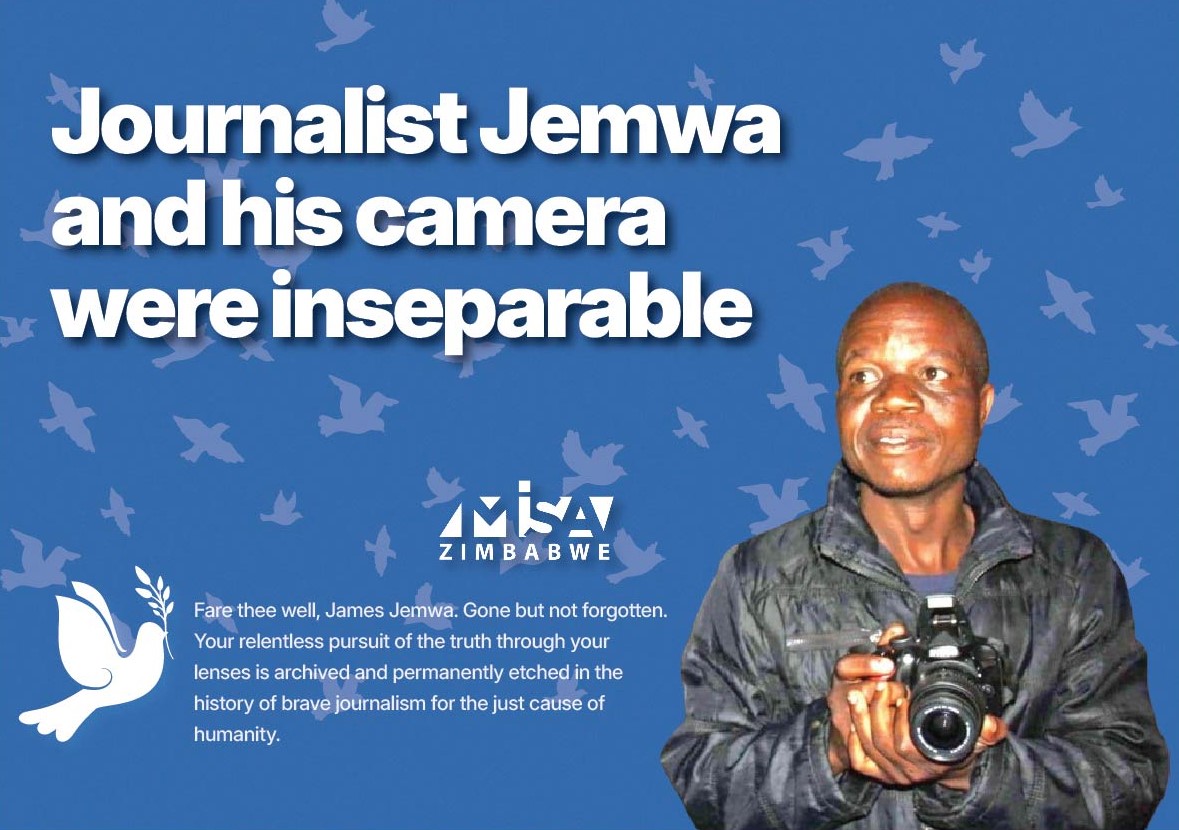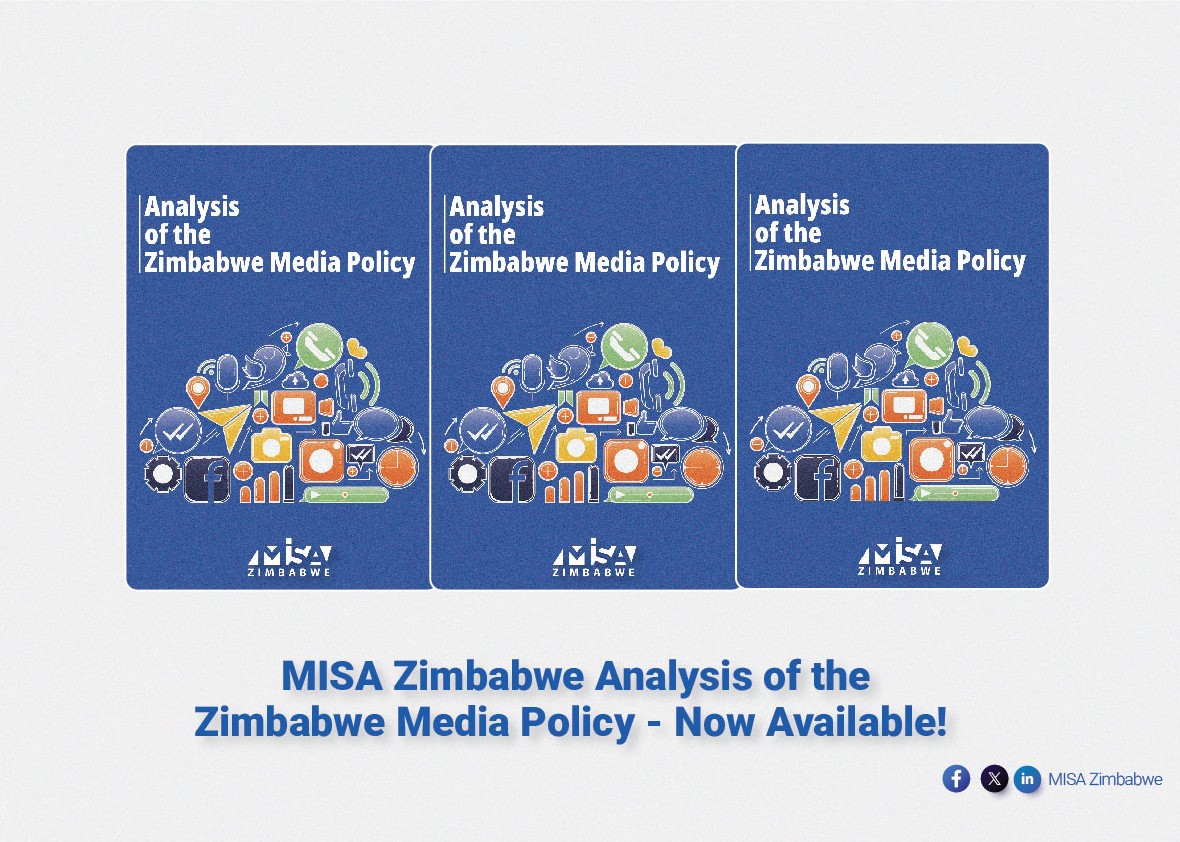National daily newspaper, The Herald, recently published an article in which the immediate former permanent secretary of Information George Charamba explained circumstances under which broadcasting licences were issued in the absence of a Broadcasting Authority of Zimbabwe (BAZ) Board.
According to Charamba, the licences issued to entities such as Powertel, Zimpapers, Alpha Media Holdings and Econet were issued as part of the clerical functions of BAZ.
Charamba outlined the following broadcasting services, namely: Direct-to-Home, which is a form of satellite broadcasting, Video on Demand, and Webcasting. The nature of all these broadcasting formats does not require the allocation of any frequencies.
This year, the Broadcasting Authority of Zimbabwe (the Authority) has issued no less than five Video on Demand broadcasting licences. A similar licensing pattern is evident for webcasting licensing.
In his explanation, Charamba said the entities that have been licenced since the beginning of this year were not really getting broadcasting licences. He said what was actually happening was that the entities were just registering the new broadcasting services they offered and not being licenced in the traditional sense of the word.
Charamba further stated that granting the broadcasting licences in question, was not necessary because entities like Econet and Telone are “…body corporates who already hold licences from elsewhere (referring to Postal and Telecommunications Regulatory Authority of Zimbabwe).”
Through this short article, MISA Zimbabwe respectfully submits that Charamba’s explanation is misleading at best. Locally, the Broadcasting Services Act (BSA) and Regulations passed in line with that Act, guide the broadcasting licensing procedure.
Section 7(1) of the BSA states that no person may operate broadcasting services locally without the requisite broadcasting or signal carrier licence. Section 7(2) then proceeds to set out 10 categories of broadcasting licences including Webcasting Broadcasting Services and Subscription Satellite Broadcasting Services.
Section 10(2)(c) of the BSA then assigns to the Broadcasting Authority, the function “to receive, evaluate and consider applications for the issue of any broadcasting licence or signal carrier licence.”
In summary, the BSA dictates that all broadcasting services are to be licenced after BAZ has evaluated applications for broadcasting licences. Nowhere in the Act does it provide for the “registration” of licencing services.
Furthermore, POTRAZ and BAZ are independent of each other and the two currently do not share any licencing processes. The BSA simply does not have any identifiable licencing exemptions that say the licencing procedures do not apply to entities that are already licenced by POTRAZ for example. There are no Regulations to this effect either.
The claim that acquiring a licence from POTRAZ does away with the need to be licenced by BAZ is incorrect and misleading.
It is our well-considered view that BAZ understands the licensing procedures and that it was for this reason that the Authority issued a call for licences for broadcasting services that do not require the allocation of spectrum. Below is one of the adverts placed by the BAZ in the local press.
It is apparent from the advert that the call for licencing was in terms of the licencing process outlined in section 10 of the BSA. As explained above, this section does not provide for the granting of broadcasting licences through registration of broadcasting services.
It was in response to this call that Econet, Powertel, TelOne, Zimpapers, and later Alpha Media Holdings, applied and received webcasting broadcasting licences, webcasting licences and content distribution licences.
Charamba’s explanation does not justify BAZ’s operations without a Board. Neither does it settle the question of how several broadcasting licences have been issued by an Authority that is not fully constituted.
Charamba’s explanation does not show what law the government relies on to justify the running of both the Broadcasting Authority of Zimbabwe and the Zimbabwe Media Commissioner without any sitting boards.
If the legislature was satisfied that BAZ’s secretariat was capable of evaluating and deciding on licensing applications, the legislature would not have incurred the trouble of providing for a Board in the BSA.
If it is true that there is a registration procedure for licences, then that registration procedure is not clearly expressed in the BSA. The same is also true if entities that have been licenced by POTRAZ are able to get exemptions from the BSA’s licencing procedures.
That said, the BSA also lacks a clear and understandable demarcation of functions that can only be performed with the participation of a fully constituted Board.
This lack of distinction has to be clearly expressed to secure transparency and legitimacy of BAZ’s the overall functions. Laws are only effective when they are so clearly written, leaving the minimal number of loopholes.
Furthermore, laws should not be amended or their provisions violated through verbal utterances made by members of the executive arm of the State.
//End













